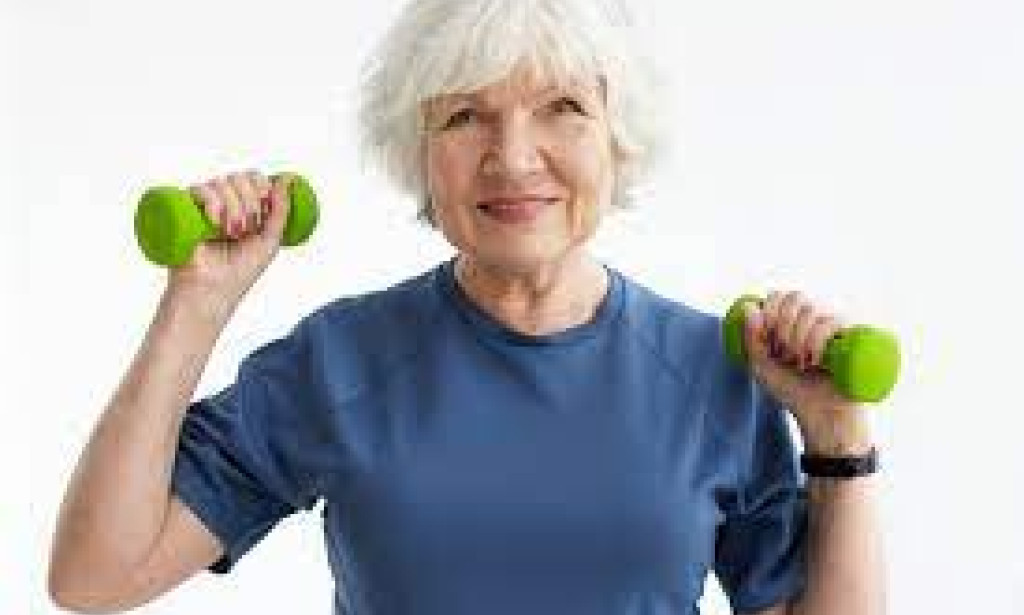Introduction: Aging is an inevitable process that brings about changes in our physical and mental well-being. As we age, it becomes increasingly important to adopt healthy habits that promote vitality and longevity. Among these habits, morning exercise stands out as a powerful tool for maintaining and improving health in the aging population. Regular physical activity in the morning offers a myriad of benefits, both physically and mentally, that can enhance the quality of life for older adults. In this article, we explore the significant advantages of morning exercise and why it is a potent fountain of youth for aging individuals.
Boosts Energy Levels: Starting the day with exercise kickstarts the body's systems, increasing blood flow and oxygen supply. This surge in circulation stimulates the release of endorphins, the feel-good hormones, resulting in a natural energy boost. Morning exercise jumpstarts metabolism, promoting alertness and mental clarity throughout the day, and reducing feelings of fatigue commonly associated with aging.
Enhances Physical Health: Engaging in morning exercise provides numerous physical benefits to aging individuals. Regular physical activity helps to strengthen muscles, improve cardiovascular health, and increase bone density, reducing the risk of age-related conditions such as osteoporosis and cardiovascular diseases. It also aids in weight management, mitigating the risk of obesity, which is linked to various health issues like diabetes and joint problems.
Supports Cognitive Function: Morning exercise has a profound impact on brain health and cognitive function. Studies have shown that physical activity promotes the growth of new brain cells, particularly in regions responsible for memory and learning. Regular exercise improves cognitive abilities, enhances focus and attention, and reduces the risk of cognitive decline and neurodegenerative diseases like Alzheimer's.
Elevates Mood and Mental Well-being: Exercise has been proven to be a natural mood enhancer. Morning exercise stimulates the release of endorphins, serotonin, and dopamine, which improve mood and reduce symptoms of depression and anxiety. Engaging in physical activity early in the day sets a positive tone for the rest of the day, promoting mental well-being, reducing stress, and enhancing overall emotional resilience.
Facilitates Better Sleep: As we age, quality sleep becomes increasingly important for overall health. Regular morning exercise has been linked to improved sleep patterns, promoting better sleep quality and duration. It helps regulate the body's internal clock, known as the circadian rhythm, allowing for a more restful and rejuvenating sleep. Additionally, morning exercise can help reset sleep-wake cycles, aiding in combating insomnia and other sleep disorders commonly experienced by older adults.
Social Engagement and Emotional Support: Participating in morning exercise routines, such as group fitness classes or outdoor activities, provides opportunities for social interaction and emotional support. Joining a community or exercising with friends or family fosters a sense of belonging and helps combat feelings of isolation and loneliness that can often accompany aging. These social connections contribute to improved mental health and overall well-being.
Conclusion: Morning exercise offers a multitude of benefits that can significantly enhance the quality of life for aging individuals. By embracing regular physical activity in the morning, older adults can enjoy increased energy levels, enhanced physical health, improved cognitive function, elevated mood, better sleep, and social engagement. It serves as a powerful tool to defy the effects of aging and maintain vitality. As with any new exercise routine, it is essential for individuals to consult with their healthcare provider and start gradually, tailoring the exercise program to their capabilities and preferences. Embrace the power of morning exercise and unlock the fountain of youth to age gracefully and live a fulfilling life.


You must be logged in to post a comment.